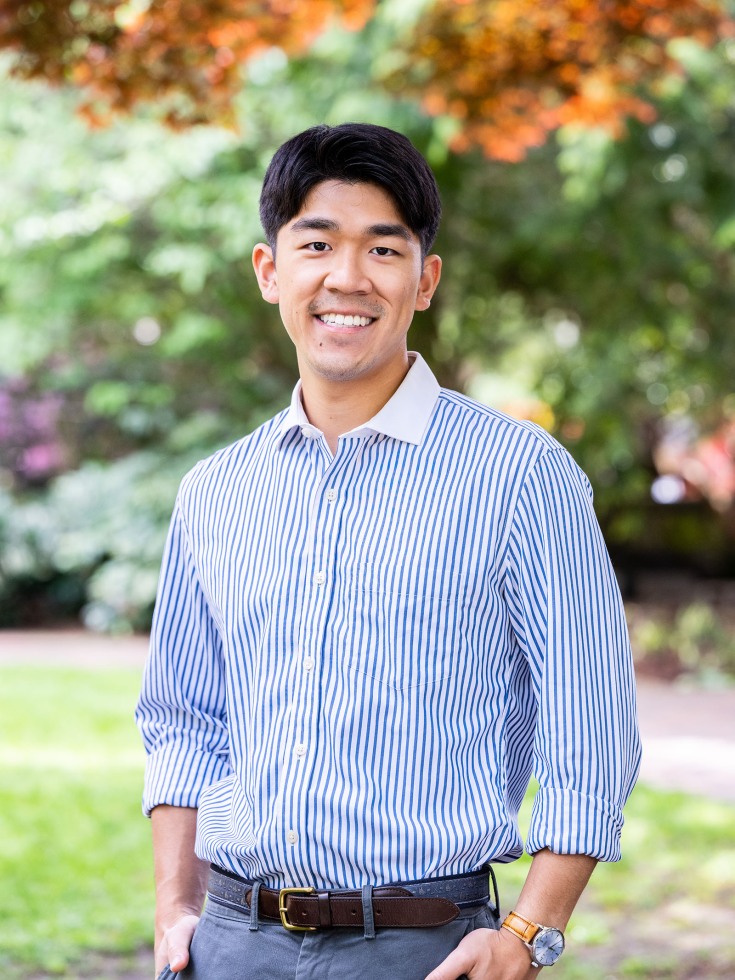PROVIDENCE, R.I. [Brown University] — With 30 Fulbright scholarships awarded to undergraduates, graduate students and recent alumni in 2022-23, Brown University produced more student Fulbright winners than all but two other schools in the nation, according to data released by the U.S. Department of State on Friday, Feb. 10. The grants fund research or teaching abroad for up to one year.
Brown has ranked among the top student Fulbright producers in the U.S. for seven consecutive years, earning the top spot four times, in 2016, 2017, 2018 and 2022. In 2019 and 2020, Brown earned the No. 2 rank.
Brown’s consistent placement among the top Fulbright producers is a testament to the University’s commitment to equipping students to build knowledge and understanding across cultures, said Associate Dean of the College for Fellowships Linda Dunleavy.
“We are incredibly proud of our student Fulbright scholars,” Dunleavy said. “The Fulbright offers a life-changing opportunity for students to engage fully with another culture as they teach English or explore a specific issue or subject matter in depth in a unique environment. That Brown continues to be a top-producing Fulbright school reflects the caliber and preparedness of our students to embark on these journeys as well as the compatibility of Fulbright's educational goals and Brown's — openness, curiosity and transformation.”
Fulbright students are selected for awards based on a variety of factors including the strength of their application, personal qualifications, academic record and the extent to which the candidate and their project will help to advance the Fulbright mission of mutual understanding between the people of the United States and the people of other countries.
While applicants learn of the awards during the spring, the Fulbright program publishes data each February on the top producers of Fulbright scholars and students. This year’s data reflect the total number of awards offered for the 2022-23 program year, while data prior to 2021-2022 reflect the number of awards accepted.
The Fulbright U.S. Student Program has promoted international peace through intellectual and cultural exchange since its founding in 1946. The program funds approximately 2,000 recent graduates and current graduate students annually to teach and conduct research in 140 countries around the world.
Lucas Kuan: Pivoting in Paris
Brown’s 2022-23 undergraduate and graduate student Fulbright winners are now midway through their year teaching or conducting research in more than a dozen countries across Asia, Latin America and Europe. Teaching placements include elementary schools, high schools and universities, where awardees are providing classroom instruction and sharing cultural perspectives between the U.S. and their host countries. Research award recipients are pursuing projects in a wide range of academic fields, from architecture to Asian studies.
For recent graduates, Fulbright fellowships provide opportunities to pursue projects that extend the courses of study they pursued while at Brown — all while serving as cultural ambassadors abroad. Last fall, Brown Class of 2022 graduate Lucas Kuan moved to France, where he is working with faculty at the Paris Institute of Political Studies to investigate the cultural integration of French Asians.
